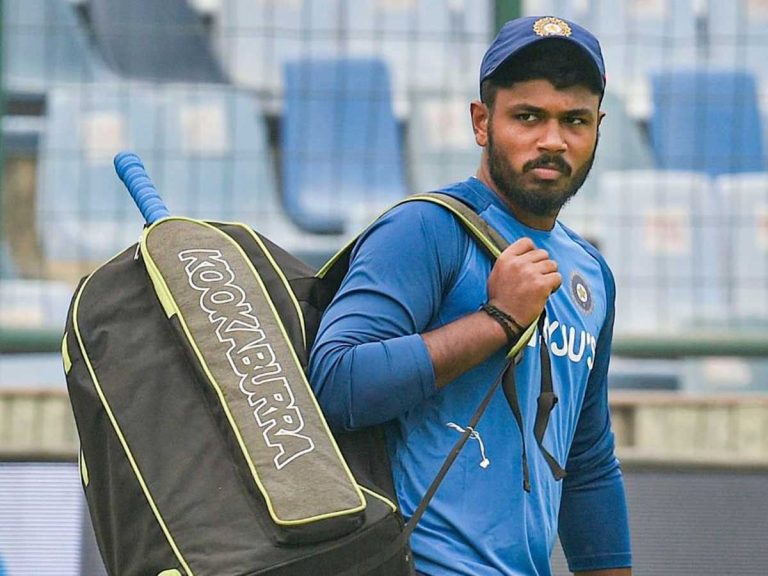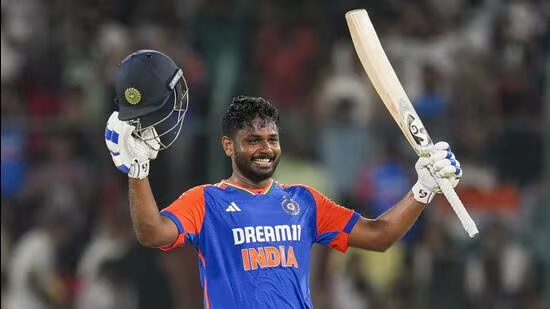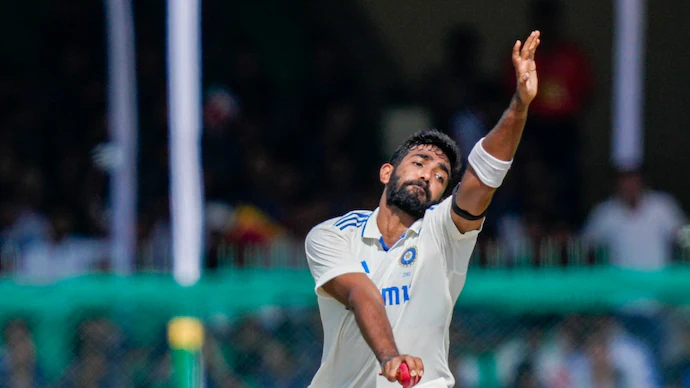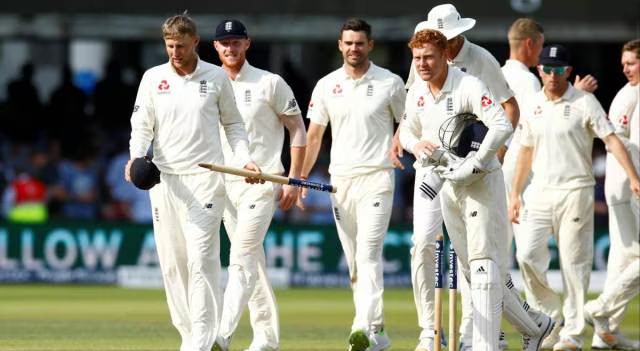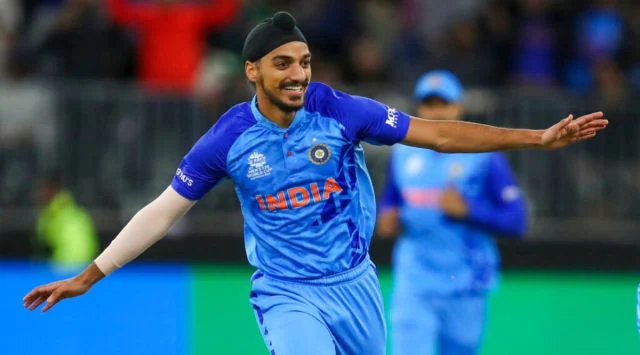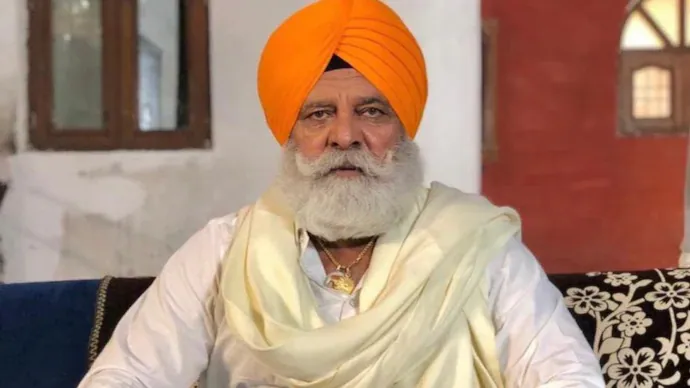
Former India fast bowler Yograj Singh opens up about his fitness advice to Indian cricket captain Rohit Sharma, suggesting a rigorous 20-kilometer daily running routine to maintain peak physical condition.
The Early Morning Fitness Formula
Yograj Singh recently revealed that he advised Rohit Sharma to “get up at 5 AM and run for 20 km to keep himself fit.” This fitness mantra came as part of Singh’s broader commentary on the current state of Indian cricket and the recent Test retirement decisions of senior players.
The father of legendary all-rounder Yuvraj Singh shared these insights during a recent interview, where he expressed his views on how Indian cricket’s senior stars could extend their careers through dedicated fitness regimens.
Expert Opinion on Test Cricket Retirements
Singh’s fitness advice to Rohit Sharma comes in the context of his criticism regarding the recent Test cricket retirements. He believes that “Virat and Rohit can still play for another 5 years in Test cricket” if they maintain proper fitness levels.
The former India pacer emphasized that both Rohit Sharma and Virat Kohli made premature decisions by retiring from Test cricket in May 2025, with Rohit announcing his retirement on May 7 and Kohli following on May 12.
The 20KM Running Strategy Explained
Yograj Singh’s fitness philosophy centers around early morning discipline and endurance building. His recommendation of a 20-kilometer daily run at 5 AM represents a comprehensive approach to maintaining cricket fitness that goes beyond traditional training methods.
This advice reflects Singh’s belief in fundamental fitness principles:
Early morning discipline: Starting the day with physical activity
– Endurance building: Long-distance running for stamina
– Consistency: Daily commitment to fitness routines
– Mental toughness: Building psychological resilience through challenging physical tasks
Impact on Indian Cricket Leadership
With Shubman Gill now appointed as India’s 37th Test captain following the retirements, Singh expressed concerns about the transition process. He stated that “the baton has not been passed, it has been thrown to Gill,” suggesting that senior players should have remained longer to mentor younger talent.
Yograj Singh’s Coaching Philosophy
Beyond his advice to Rohit Sharma, Singh has previously shared his broader coaching philosophy. In earlier interviews, he mentioned that if appointed as India’s head coach, he would implement strict fitness standards, including making players run 20 kilometers daily as part of their training regimen.
His approach emphasizes:
– Supporting senior players through difficult phases
– Implementing rigorous fitness standards
– Building mental resilience alongside physical strength
– Creating a disciplined training environment
Current Team Dynamics
As India prepares for their challenging five-match Test series against England starting June 20, 2025, the team faces the reality of playing without their experienced leaders. Shubman Gill will captain the side with Rishabh Pant as his deputy, leading a relatively inexperienced squad in demanding English conditions.
The Broader Fitness Debate in Cricket
Yograj Singh’s 20KM running advice highlights ongoing discussions about fitness standards in modern cricket. His old-school approach contrasts with contemporary sports science methods but emphasizes the importance of fundamental endurance and discipline.
Professional cricket demands have evolved significantly, with players now required to maintain peak fitness across multiple formats. Singh’s traditional approach serves as a reminder of the endurance base that underpins all cricket performance.
Conclusion
Yograj Singh’s revelation about his fitness advice to Rohit Sharma provides insight into his coaching philosophy and views on player development. While his 20-kilometer daily running recommendation may seem demanding, it reflects his commitment to fundamental fitness principles and his belief that Indian cricket’s senior players could have extended their careers with proper conditioning.
As Indian cricket enters a new era with younger leadership, Singh’s emphasis on discipline, fitness, and gradual transition of responsibility offers valuable perspective on team management and player development strategies.

